Intel's driverless division will be managed by Israel-based Mobileye, as the chip giant emerges from relative obscurity in the driverless space to become a major supplier after completing its $15.3-billion purchase of Mobileye this week.
In other words, Intel is uprooting its driverless chip business and relocating it halfway around the world from Silicon Valley where Intel was founded to merge with Mobileye in Tel Aviv. This is but one example of how Intel has waged a colossal multibillion-dollar bet that Mobileye will be able to help it gain a major foothold in the driverless vehicle segment. It also obviously remains to be seen whether the $15.3 price tag was worth it or not.
In this way, the bulk of Intel's and Mobileye's engineering, marketing, and operations will be combined, and based in Tel Aviv, effective immediately, a Mobileye spokesperson told Driverless.
Intel's autonomous driving group consists of a variety of different businesses, some of which they got from acquisitions. All that is going to fall under the management of Mobileye.
Mobileye's top management will also head the merged businesses. Mobileye co-founder Amnon Shashua will serve as the head of both a single combined Mobileye and Intel autonomous-vehicle business from Mobileye's headquarters in Tel Aviv. However, Ziv Aviram, Mobileye's co-founder, president, and CEO, announced his retirement from the company this week, effective immediately.
Intel has struggled to engineer its CPUs and other components to make them attractive to OEMs designing central neural network computing systems and other applications for driverless systems. while Nvidia, a long-time Intel competitor in the graphics space, has become a leading chip supplier in the sector. Intel benefits from Mobileye's leading presence in camera sensors, mapping systems, and software for the driverless system firmware.
In layperson's terms, Mobileye's systems serve as the "eyes" and software "brains" for driverless cars while Intel hopes to leverage Mobileye's presence to offer the computing horsepower "brains," as well as communications devices for car-to-cloud applications.
Intel and Mobileye have previously announced a joint partnership to offer key components for BMW's iNext model, which will be the German premium carmaker's first Level 3 driverless car when it launches in 2021. In the BMW iNext, Mobileye provides its Road Experience Management (REM) software and EyeQ5 system-on-chip (SoC) device to process sensor data that runs on Intel's computing platform. Tier-one supplier Delphi Automotive is bundling Intel's and Mobileye's devices into a single component for the iNext.
Mobileye, which is considered a pioneer in camera sensors for self-driving vehicles, is expected to begin seeing its sensors and software in more-advanced systems in the near future than it has in the past. This includes their use in platforms for uploading data to and from the cloud for mapping and other applications.
It remains to be seen to what degree Intel can rely on Mobileye to help it make inroads against Nvidia in neural network systems, which remain a key component in the development of Level 4 self-drive vehicles, and other driverless computing platforms.
Just updated your iPhone? You'll find new emoji, enhanced security, podcast transcripts, Apple Cash virtual numbers, and other useful features. There are even new additions hidden within Safari. Find out what's new and changed on your iPhone with the iOS 17.4 update.
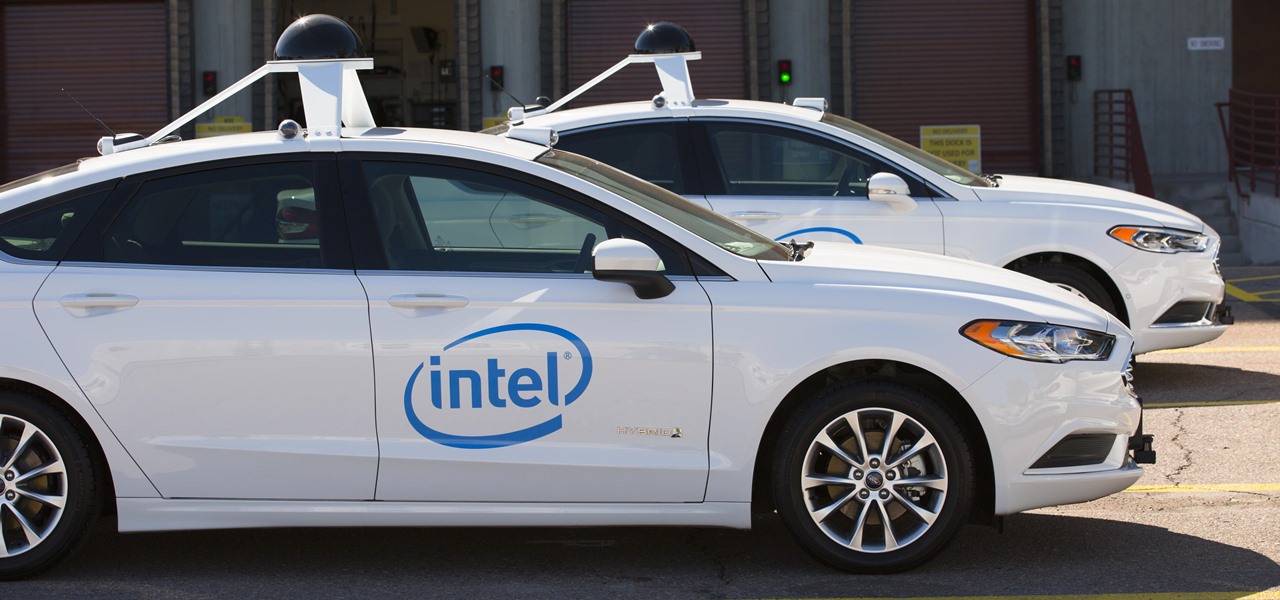



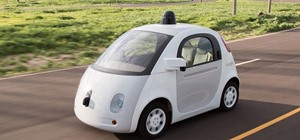
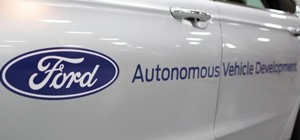


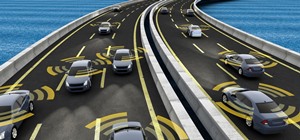

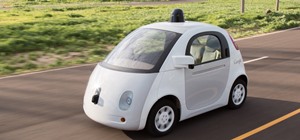
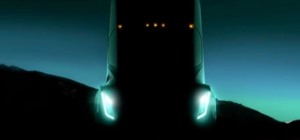




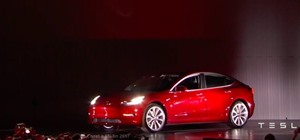
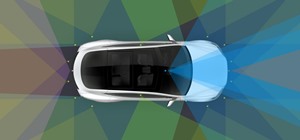



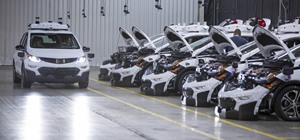



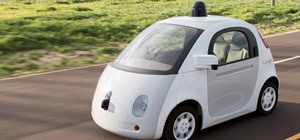




Be the First to Comment
Share Your Thoughts